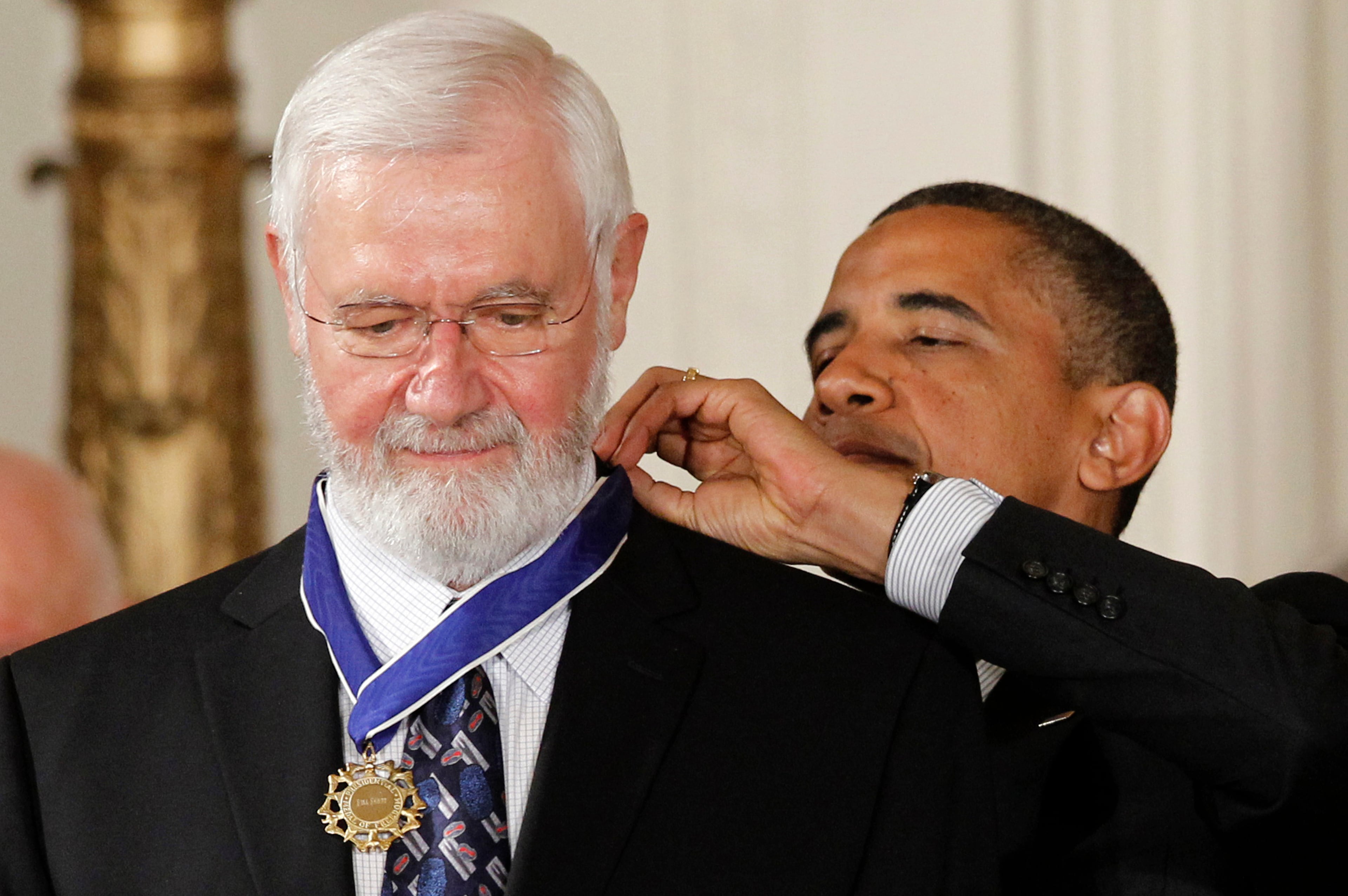Breaking down diet culture and the reality of weight loss
Since the start of the pandemic, downloads of fitness apps have increased by 46% and the reach of fitness influencers has increased dramatically. As always with social media, that has meant a rise of misinformation too. We talked with three certified professional trainers and nutritionists to discuss diet culture and to clarify common misconceptions about weight loss.
“Going hard in the beginning with your workouts and dieting will cause burn out. I always say start low and slow, do a five-minute walk, and build confidence from there – before you know it you’ll be doing a marathon,” Ashlye Bergen, nutritionist, personal trainer and owner of A-Team Fitness told The Atlanta Journal-Constitution.
Having the right mindset is key
Eating healthier, losing weight and starting a physical transformation can play a big part in our emotions. The impact of our emotions has a lot to do with whether or not we will continue with our goals or give up along the way. Minding what you say to yourself during this process is important to staying in a positive, encouraging mindset.
“When a female client says I want my body to be like yours, it bothers me. We are all different, and as women, we’re always compared to one another. You have to remember you’re getting on this journey to have the perfect body for you. Mine took a lot of work, and at times I even cried in the gym — but I kept going,” said Aiesha Collins personal trainer and nutritionist. “Be nice to yourself and trust the process.”
The crash diet curse
Nearly 65% of people who lose weight while crash dieting gain it back within three years. Experts say this is due to the body never getting used to operating at a calorie deficit for an extended period.
“If you’re a crash dieter, eventually your body gets used to it — and whatever fat you do have, it’ll hold onto it and store it because it knows eventually it’ll be in starvation mode again — which is essentially what a caloric deficit is,” said Bergen.
Losing weight is more complex than running, lifting weights and working on your nutrition.
“It’s important to understand that not losing weight can be caused by many things like stress, water intake, daily patterns, sleeping patterns, and maybe the workout structure – are they built for you to get results?” said Collins.
Finding the right way to go about your fitness journey is key to starting the transition. Have goals in mind, keep them realistic and be gentle with yourself.
“You don’t have to give up everything to get what you want. I think it’s a give and take. If you want the six-pack abs and be extremely defined, then yes, you’ll have to give up carbs and alcohol. But if you want a better relationship with food, then it’s more psychological. We can start working on ways to help you create a healthy relationship with food without the guilt,” said Kaitlyn Monette, CEO of Empowered Nutrition, to The Atlanta Journal-Constitution.


